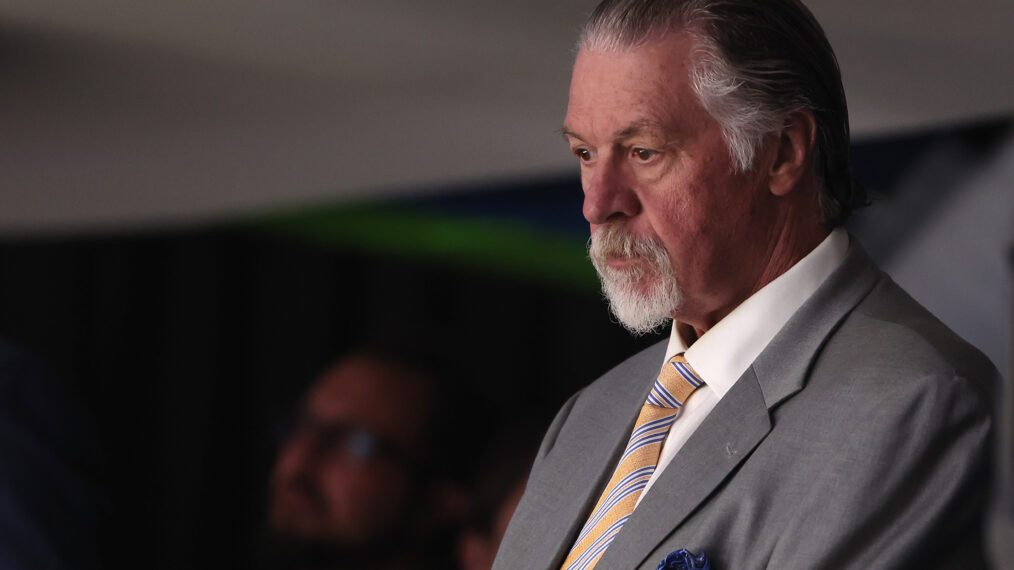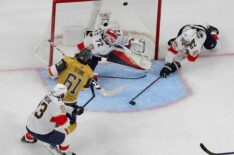ESPN Analyst Barry Melrose Announces Retirement After Parkinson’s Diagnosis

Barry Melrose, the veteran ESPN hockey analyst, announced his retirement from broadcasting on October 10. The decision comes following his diagnosis with Parkinson’s disease.
“I’ve had over 50 extraordinary years playing, coaching and analyzing the world’s greatest game, hockey. It’s now time to hang up my skates and focus on my health, my family, including my supportive wife Cindy, and whatever comes next,” the 67-year-old said in a statement. “I’m beyond grateful for my hockey career, and to have called ESPN home for almost 30 years. Thanks for the incredible memories and I’ll now be cheering for you from the stands.”
Melrose spent 11 years as a player in the NHL before transitioning to coaching in 1987 with stints including leading teams such as the Los Angeles Kings and the Tampa Bay Lightning. Overall, Melrose had an 84-108-29 record as a head coach.
NEWS:
Barry Melrose has Parkinson’s disease and is stepping away from our ESPN family to spend more time with his. I’ve worked with Barry at ESPN for over a quarter century. Cold beers and hearty laughs in smokey cigar bars. A razor sharp wit, he was always early & looked like a… pic.twitter.com/gjjSAEuG2s— BucciOT.Com (@Buccigross) October 10, 2023
In a post on X (formerly Twitter), Melrose’s ESPN colleague John Buccigross posted, “I’ve worked with Barry at ESPN for over a quarter-century. Cold beers and hearty laughs in smokey cigar bars. A razor sharp wit, he was always early and looked like a million bucks. I love him; I’ll miss him.”
NHL commissioner Gary Bettman called Melrose a “unique, one-of-a-kind person” in a statement, concluded by saying, “Hockey on ESPN won’t be the same without him.”
“Barry, we wish you well in this fight and know you will give it everything you have,” Bettman concluded. “As you always do.”
Melrose started coaching in 1987, winning the WHL’s Memorial Cup with the Medicine Hat Tigers. He also coached the Seattle Thunderbirds (1988-89) and the Adirondack Red Wings (1989-92), clinching the Calder Cup in 1991. As a player, he spent 11 years, mainly as a defenseman in the NHL with the Winnipeg Jets, Toronto Maple Leafs, and Detroit Red Wings (1979-86), and played for Cincinnati in the WHA (1976-79).








